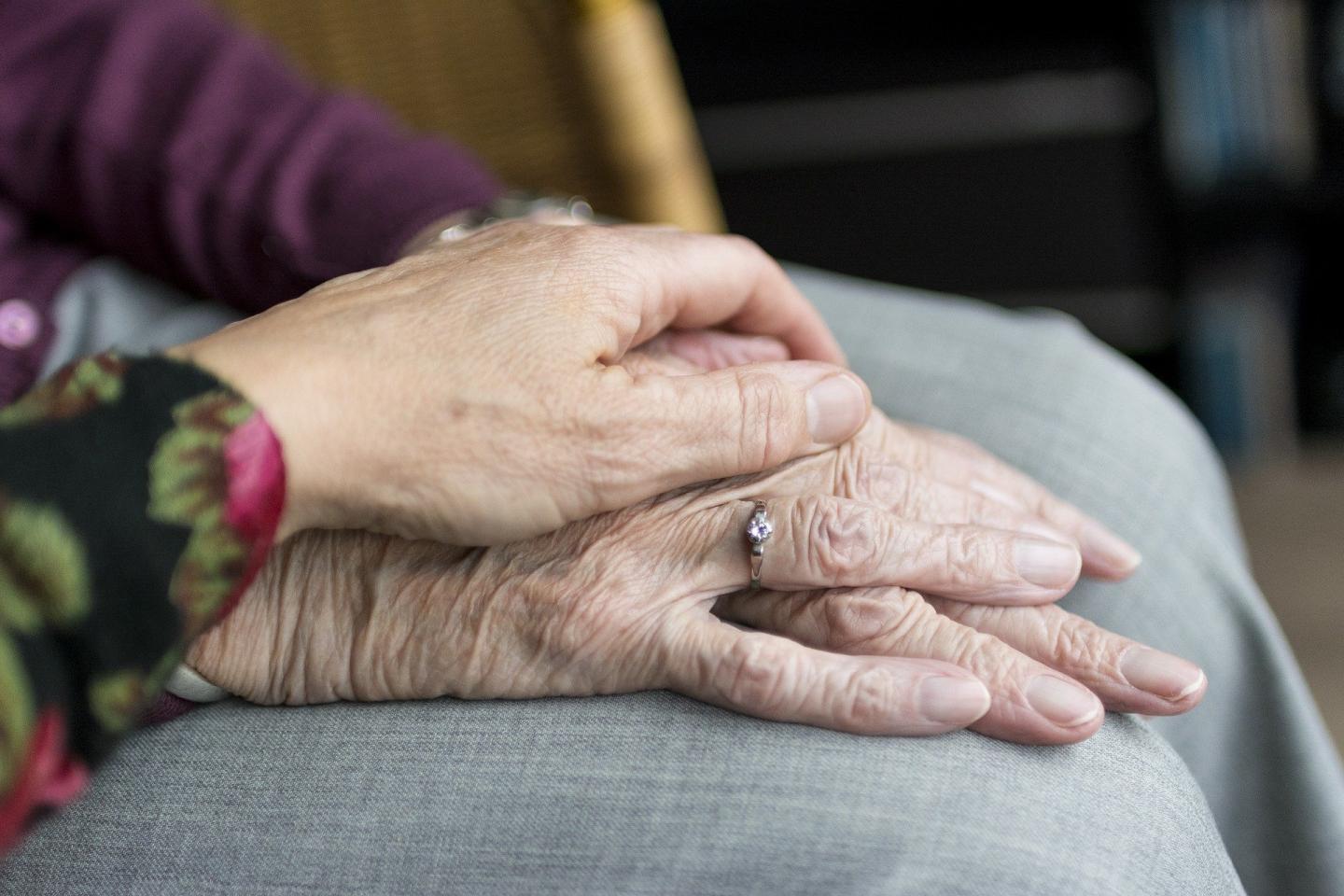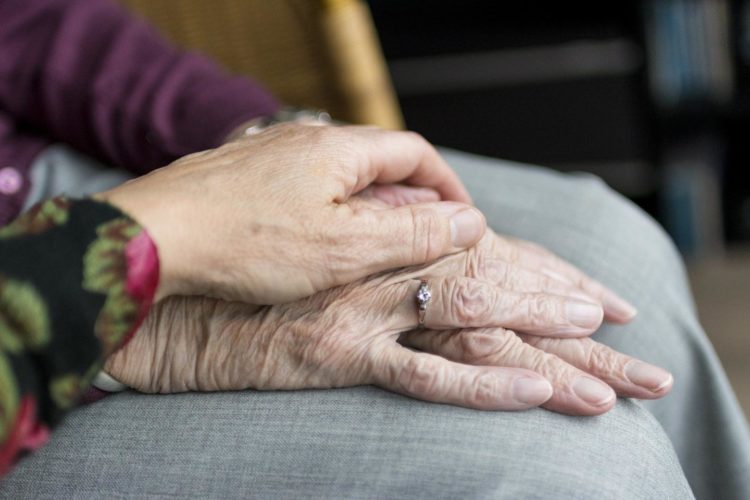When it comes to awareness of social and legal services available to people with dementia, financial knowledge is key

Credit: sabinevanerp via pixabay
People with an understanding of basic finances are likely to be aware of existing legal and social services for people with dementia, according to a study of Japan’s aging population.
More than 8 million people — about 6 percent of Japan’s population — have either dementia or mild cognitive impairment. Japan has felt economic impacts at the national level as people with dementia participate less in daily economic activities, such as going to the store or paying bills.
To better understand the needs and behaviors of aging populations, researchers from Hiroshima University and Kyoto Prefectural University of Medicine, led by Professor Yoshihiko Kadoya and Professor Jin Narumoto, analyzed data from the nation-wide survey on the Economic Status of the Japanese Elderly.
The two main systems they studied were adult guardianship and civil trust. Adult guardianship is the authority given to an adult guardian by the court to make decisions for a person who is incapable of making their own decisions. In the civil trust system, a person instructs financial institutions to take care of their assets.
“Our research shows that financial literacy not only makes people handle money issues better but also makes them aware of potential problems that could emerge in old age,” Kadoya said of the research recently published in the Journal of Women and Aging. “Financial literacy is found to be the most influential factor affecting knowledge about these two systems irrespective of gender, age, education, and economic status.”
Kadoya notes the stories of people with dementia who have died thinking they had little or no money, but people later discover they had millions of yen tucked away in their home. Social services like adult guardianship and civil trust are designed to prevent those types of situations and help an aging population continue to carry on their economic activities.
He adds that these types of systems can be challenging to navigate as courts often find it difficult to appoint guardians or institutions when family and friends do not agree to take on the responsibility. Therefore, these systems are not often used due to detailed legal procedures and a general lack of awareness.
Still, a person’s awareness of these services can help them appoint a legal guardian in advance of their cognitive decline, which could help minimize the misuse of power and prevent unnecessary legal procedures. In addition to implications for aging populations and caregivers, the findings are also useful for those who develop policy related to adult guardianship and civic trust.
“Policymakers should emphasize financial literacy and conduct a targeted promotion effort to help people with dementia so they can continue to participate in and benefit from economic activities,” Kadoya said.
###
This study does not include anyone who is currently suffering from dementia or cognitive impairment.
Media Contact
Norifumi Miyokawa
[email protected]
81-082-424-4427
Original Source
https:/
Related Journal Article
http://dx.





